7 things you should never put down the drain
Whatever you do, don’t flush these things down your drains
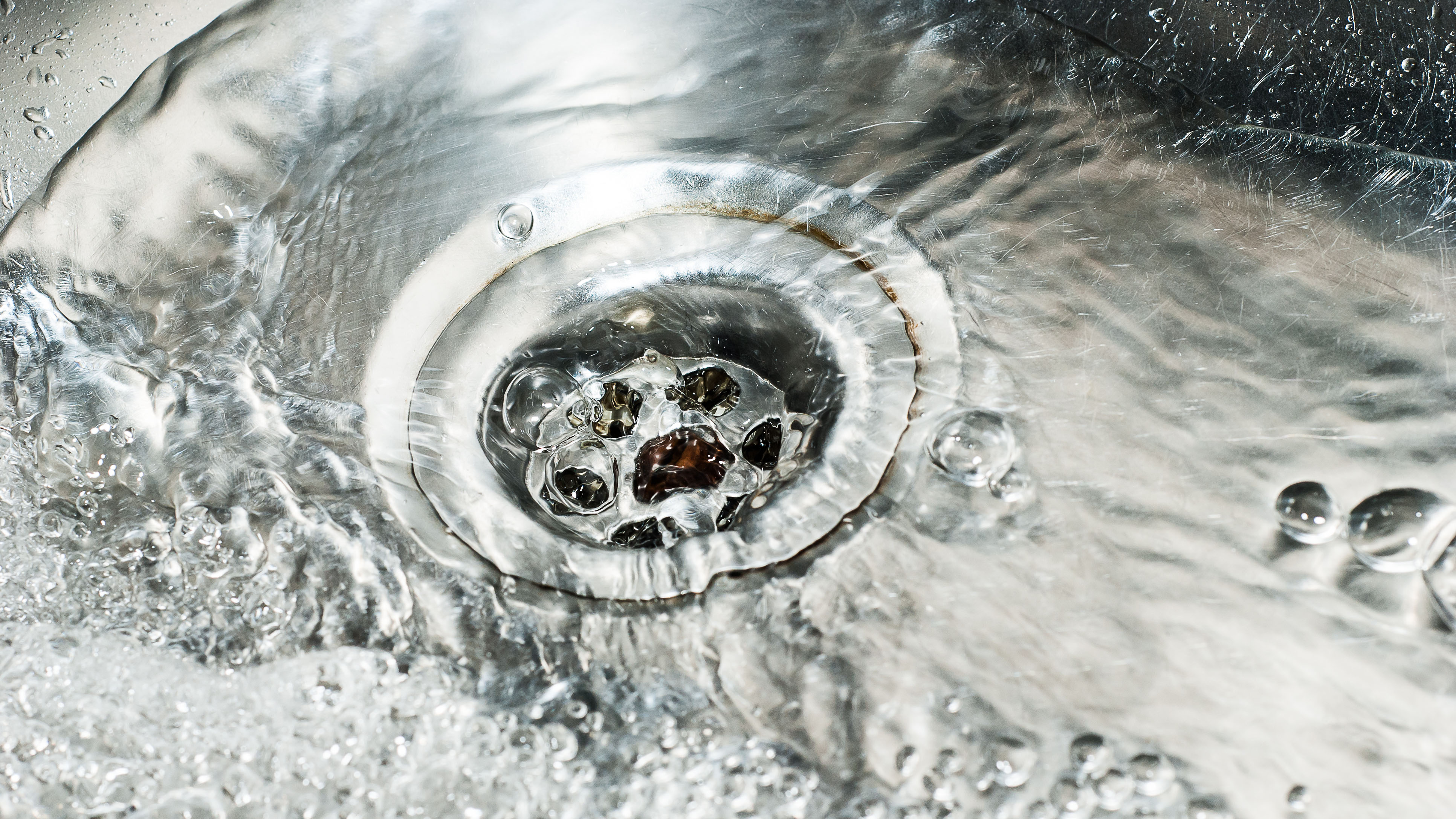
When it comes to our drains, it’s all too easy to take the out of sight, out of mind approach. All kinds of residue gets flushed away in our kitchens and bathrooms. The problem is, should you put down the wrong substance, you can quickly end up with a blockage, followed by awful smells and expensive repairs. That’s why it’s important that you keep an eye on what goes down your drains — it will save you from learning how to unclog a drain in the long term.
Curious if you’re flushing anything you shouldn’t? We’ve rounded up several things which should not be rinsed or flushed down your drains. We will cover common items and liquids which often find their way into kitchen, shower as well as toilet drains, so you know the dos and don'ts going forward. Avoid flushing these things, and your drains will thank you for it. Here are 7 things that should never go down your drains.
If you’ve got a garbage disposal, you might also want to check out 13 things you should never put in the garbage disposal.
1. Oils and fat
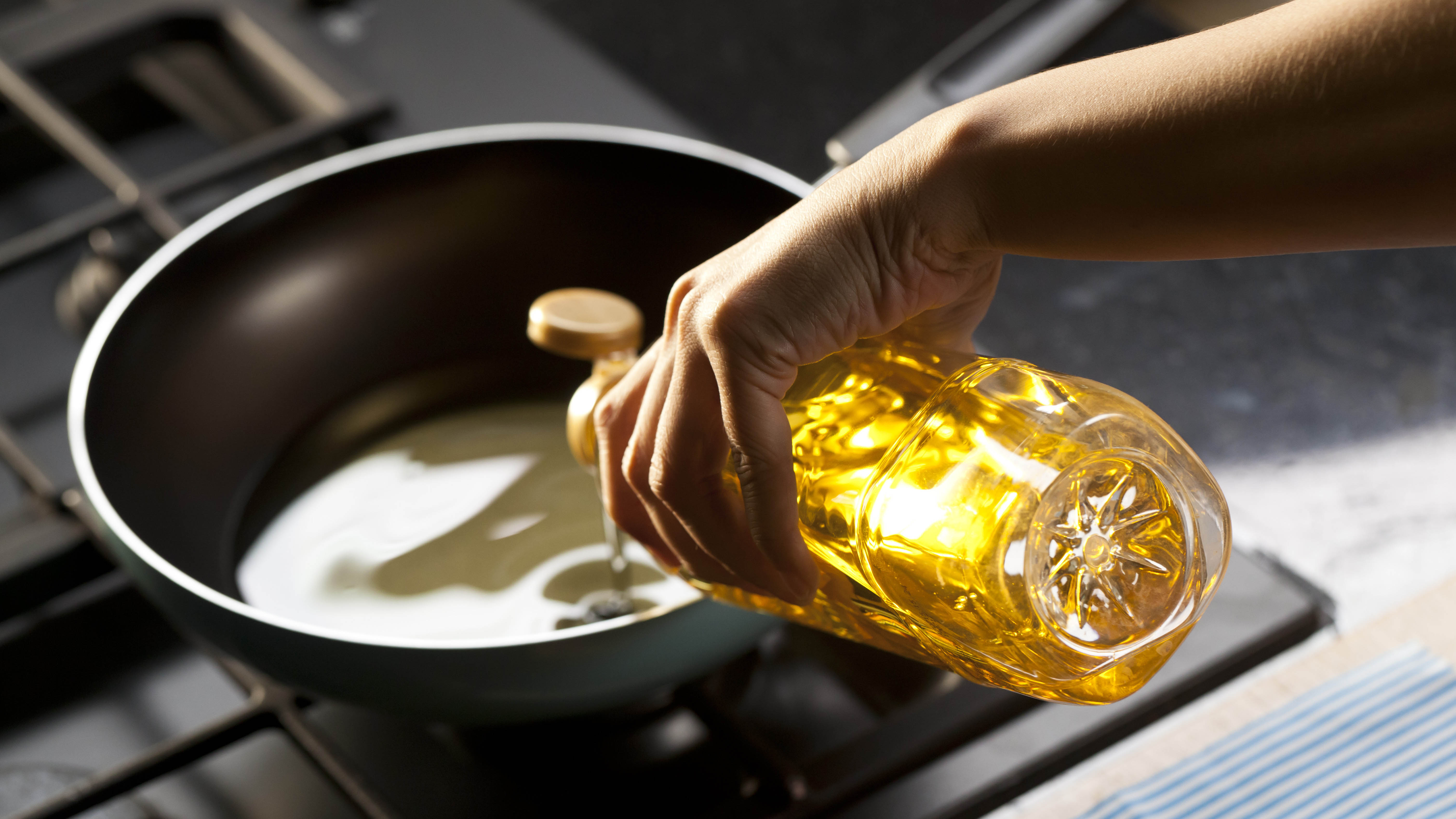
It’s quite well known that cooking oils and fats should never go down the drain, but people unfortunately still do it. Once flushed down the drain, oils and fats can stick, build-up and eventually clog the system. As it cools, it hardens and becomes more tricky to flush. Even if you have a garbage disposal system in place, fats and oils can cause no end of problems. Should you manage to flush it out of your drains, oils and grease can cause blockages in sewers down the line as well, so keep them away from your sink full-stop.
Collect used oils and fats in a separate container you no longer need, such as a sealed glass jar, and dispose of it in your garbage. Don’t leave residual oils in a baking sheet either — wipe this away with a paper towel, and dispose of it, before rinsing the sheet in your kitchen sink. You may also be able to recycle used fats and oils depending on your municipality. Should there be a local collection site, you will likely need to strain the oil first before recycling.
2. Coffee grounds
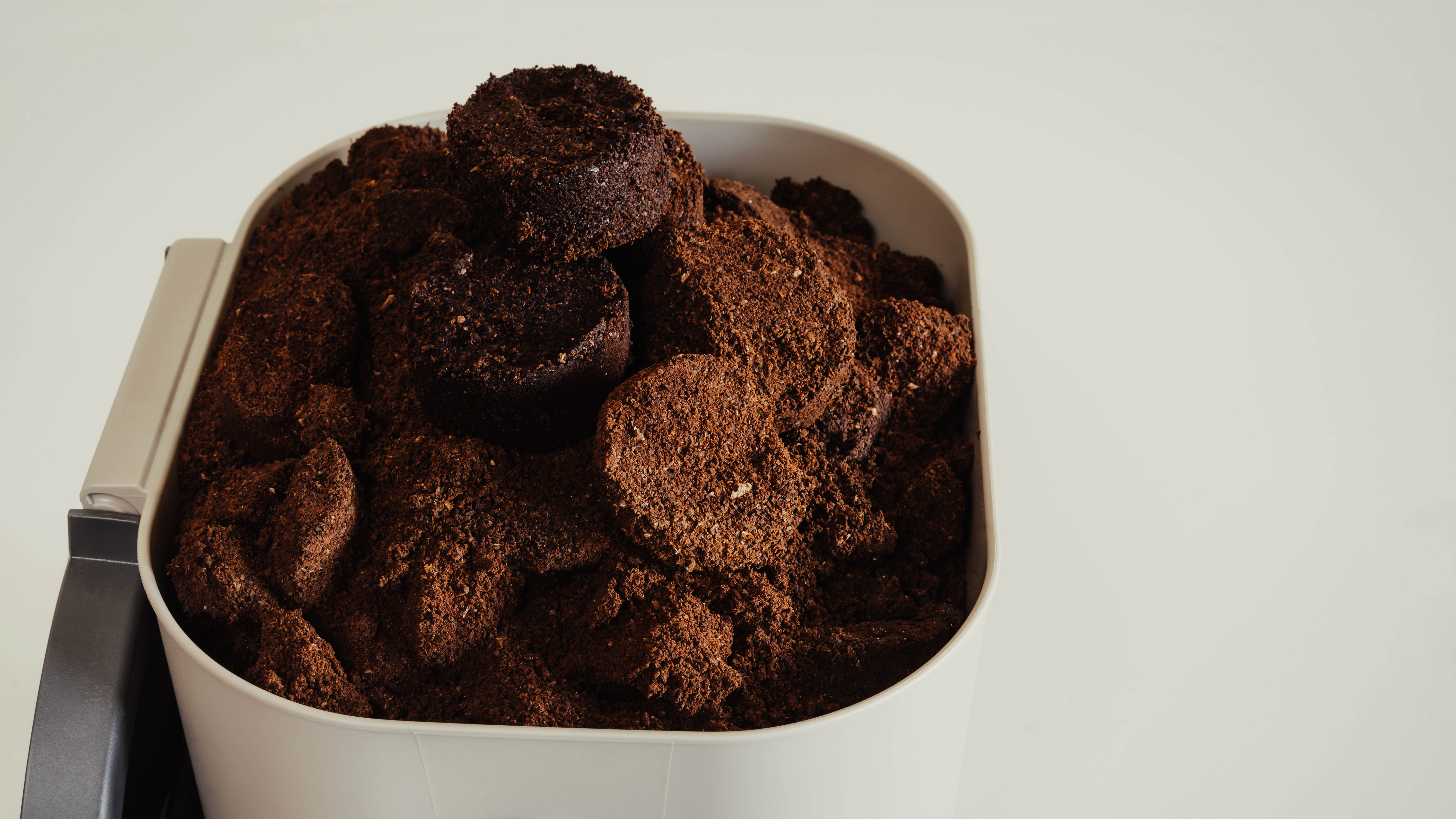
Coffee grounds can easily find their way down your kitchen sink, particularly if you have one of the best coffee makers. Considering how fine the grounds are, it’s no wonder so many of us think flushing it away shouldn’t be a problem. However, coffee grounds are a big no-no for your drains.
Even if you have a study garbage disposal unit, coffee grounds are a trouble-maker. This is because, rather than breaking down, it can gather and stick together to form a thick paste. Just look at how difficult it can be to remove damp coffee grounds from a portafilter handle if you need proof. Eventually, this can lead to blockages in your pipes, especially if your coffee grounds combine with grease and other residue.
Sign up to get the BEST of Tom's Guide direct to your inbox.
Get instant access to breaking news, the hottest reviews, great deals and helpful tips.
Used coffee grounds make for a great addition to your compost heap. Alternatively, it’s one of the 7 surprising household items to help your plants grow because it contains handy nutrients, including nitrogen, calcium, potassium and magnesium. Coffee grounds are an active pest repellent as well, known to deter wasps, ants and snails. Failing that, there’s always the trash heap. Any of these are preferable to the kitchen sink.
3. Large food debris
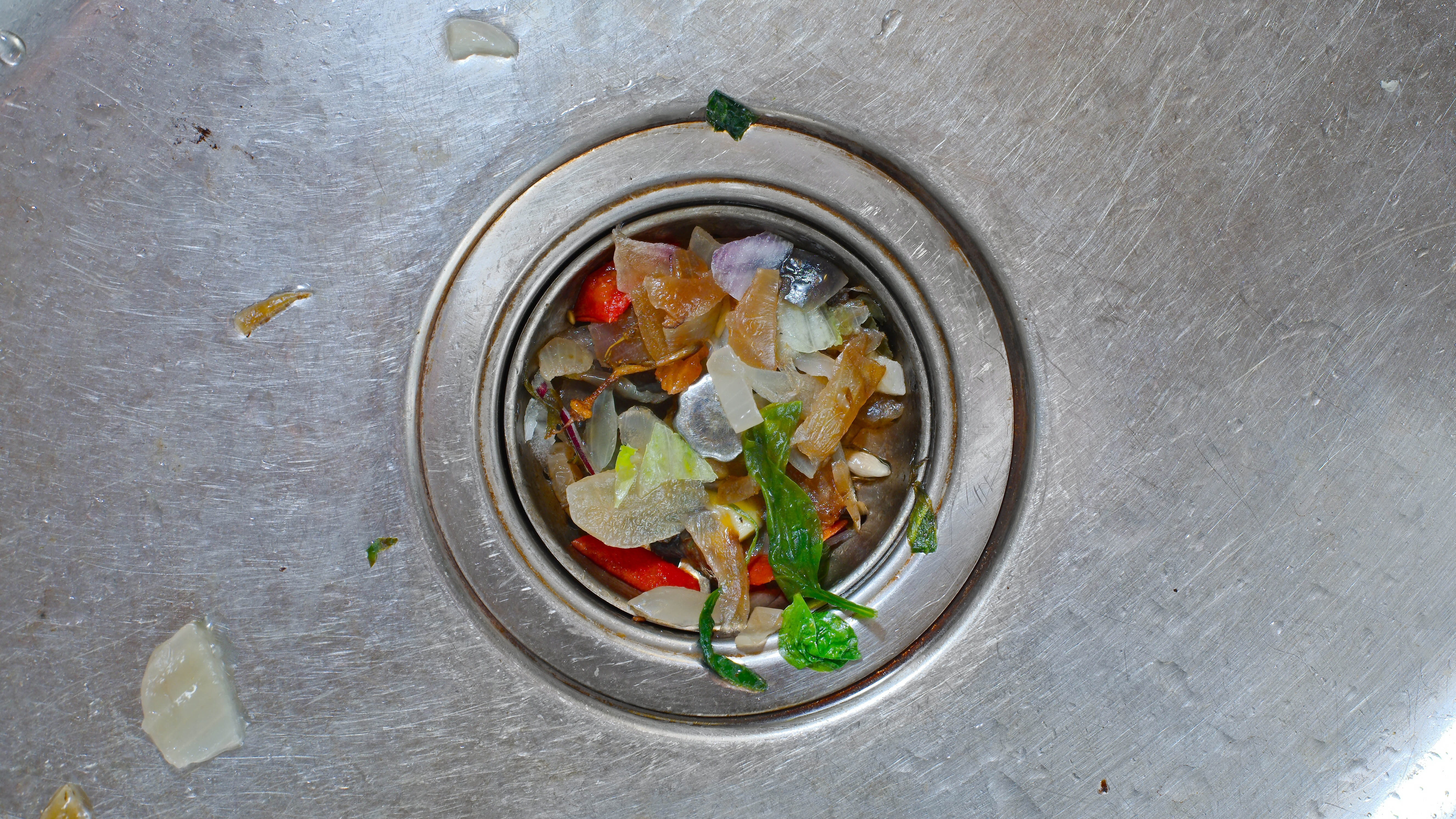
Unless you have a garbage disposal unit in place, food debris shouldn’t be rinsed down your drains. While it’s tempting to ignore small residual bits of food, and even encourage them down the plug as you wash your plates, don’t let it happen. Any sizable debris can catch in your drains and contribute largely to a blockage. Should food clog your drains, it will soon become smelly, which is a pretty gross addition to the problem.
Be sure to have a sink strainer in place, so food debris can’t accidentally wash down your drains. An example of this would be the OXO Good Grips Silicone Sink Strainer ($9.95, Amazon). Empty your strainer as needed in a food waste container or the trash. The compost heap is another option as well. While removing the food residue may seem gross, it’s much more preferable to dealing with a blocked drain.
4. Soil
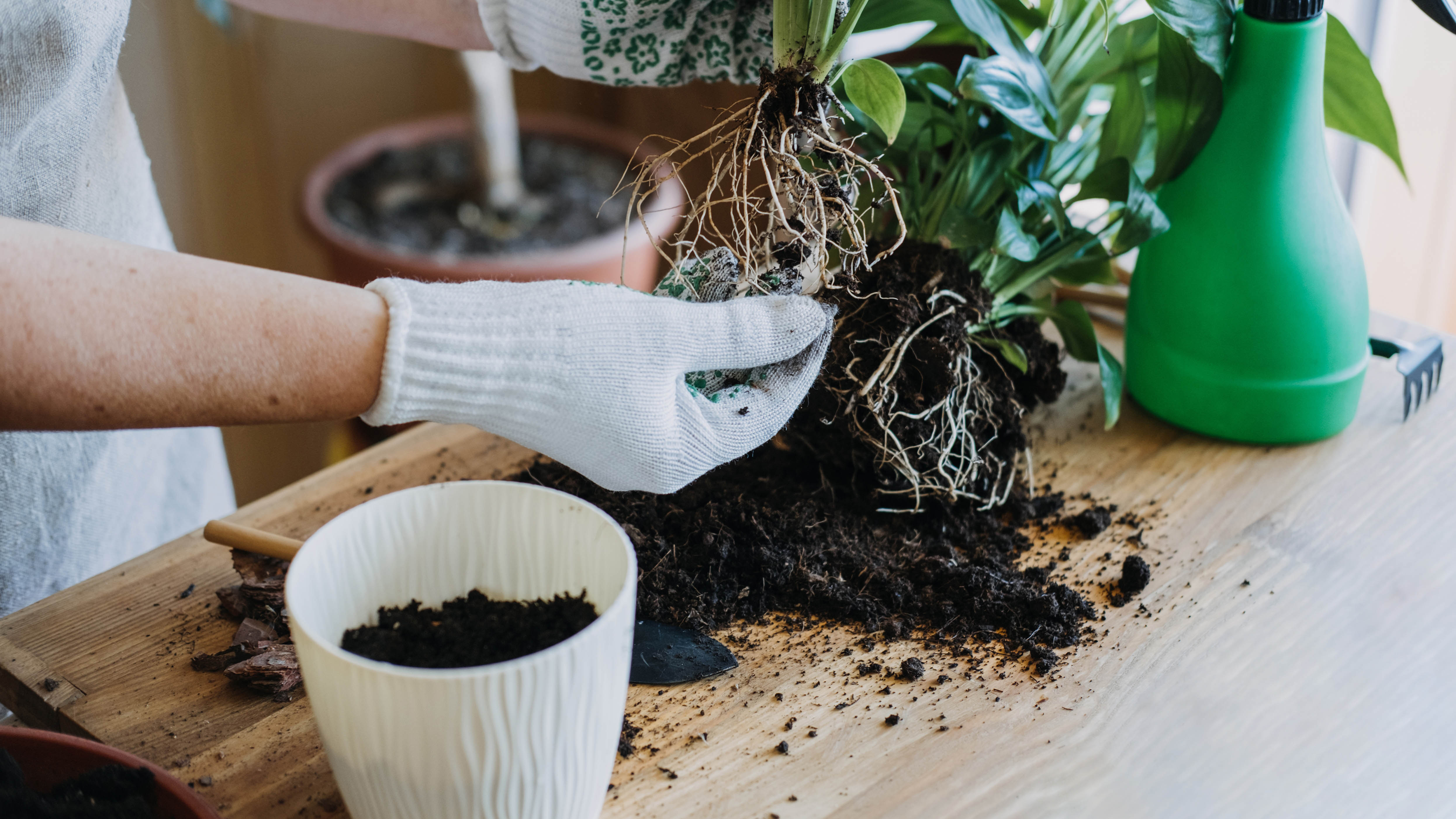
You might not know it, but potting soil can easily end up running down our drains as well. This is particularly the case where we repot our plants in the sink. As we remove the old soil and throw fresh soil into a new container, a mess is soon left behind. And rinsing this residue away afterwards seems like the quickest solution. However, potting soil is a solid with a dense composition, and it will clog your drains all too easily. Add to that, because it often contains compost, you may be attracting bugs and roaches to your drains.
Repot your plants away from your drains. You can lay newspaper down instead to collect the residual soil, and then filter it back into your plants if needed. You can also do this chore outside if you’re worried about making a mess in your home. Used soil can be redistributed in your yard so long as it’s clean — for instance, you can top-up established flower beds. Just make sure it doesn’t contain any pests or diseases from the plants grown in it previously. The compost heap is another option.
5. Hair
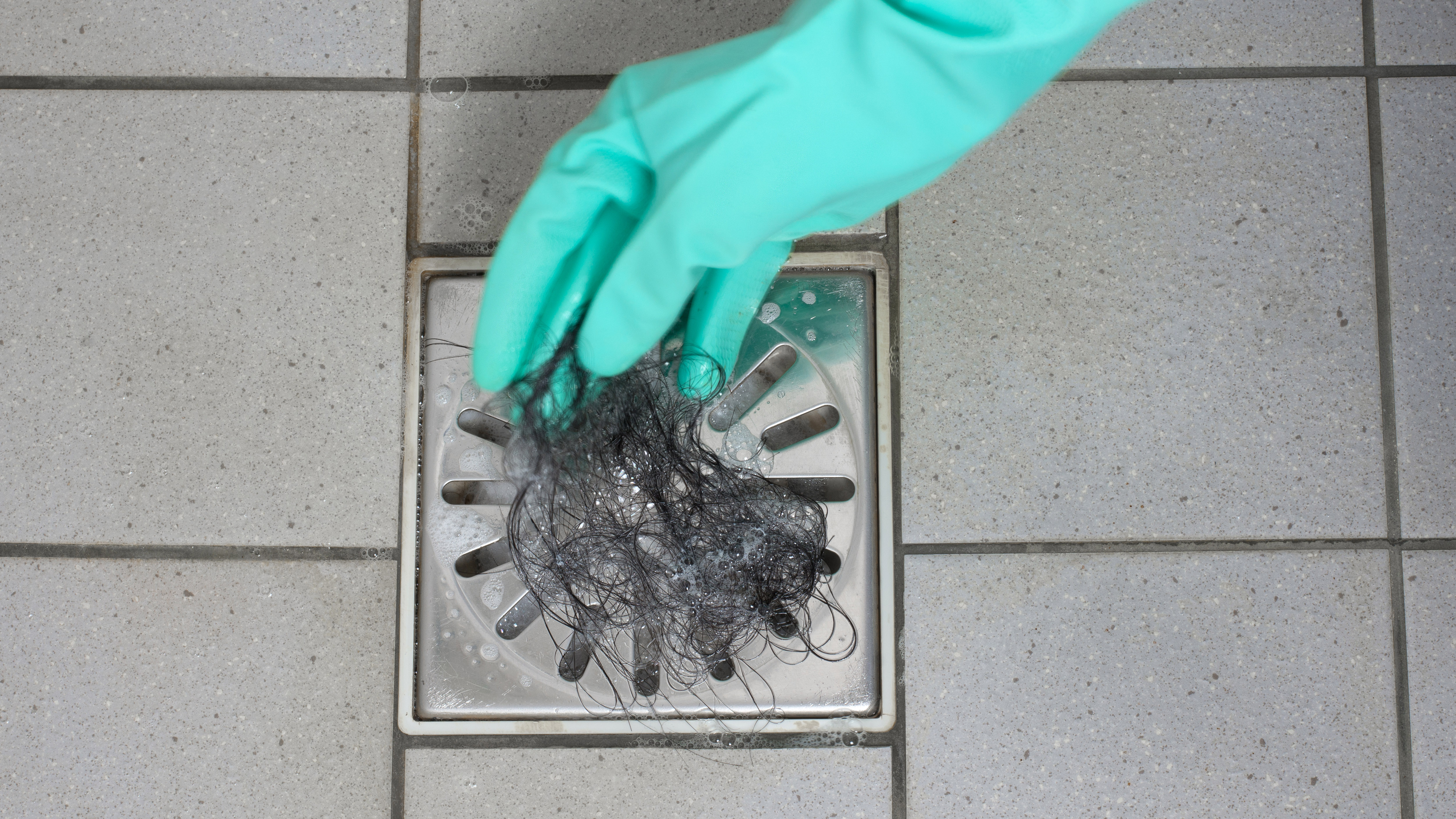
Moving into the bathroom, one of the biggest blockages in the shower drain is loose hair. As this catches in the pipes and combines with residual soap, it can build-up and clog the drain. Before you know it, you’re standing in a puddle as you shower, which isn’t a nice experience.
There’s not a lot we can do about hair coming loose in the shower, but there are preventative measures you can take. For instance, you could invest in a drain catcher, such as the OXO Good Grips Silicone Shower & Tub Drain Protector (Amazon, $11.99) You can also brush your hair before entering the shower, to remove any loose strands beforehand. If you’re not intending to wash your hair, a shower cap is another option.
Should you suspect a blockage, there are ways to learn how to unclog a shower drain without a plumber. For instance, baking soda and vinegar can dissolve some blockages, or a drain snake can pull it out directly.
6. Kitty litter
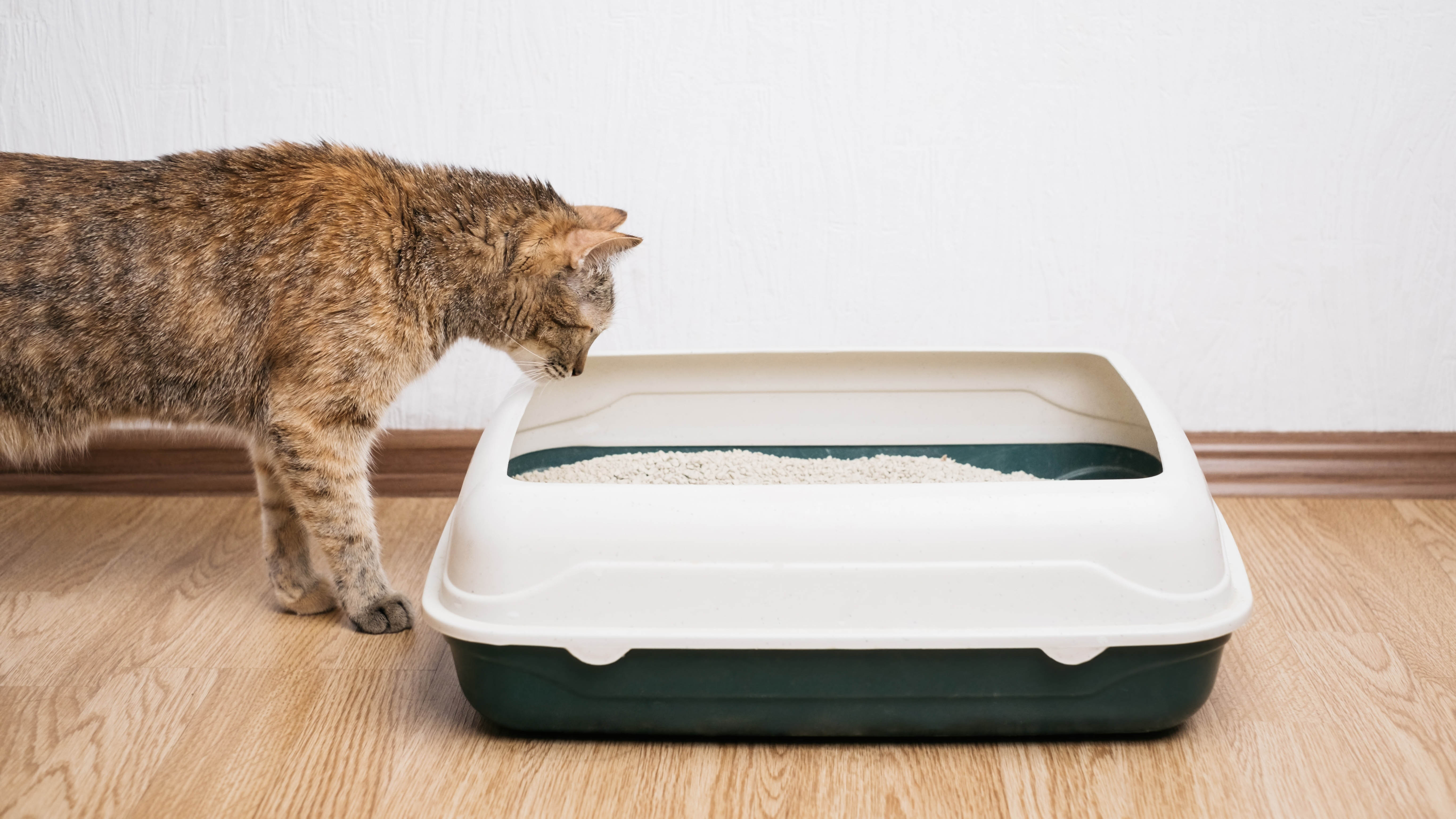
While cleaning out the litter box is no one’s favorite task, this substance should never find its way down your drains. Cat litter, whether regular or flushable, shouldn't be flushed down your toilet.
Regular clay cat litter will expand so much when exposed to water that it can quickly cause a blockage. Flushable cat litter doesn’t do this, but there can be so much of it flushed at a time, particularly when it’s time to change the litter box, that it too can cause a blockage here, or in the septic tank. At the very least, it would require multiple flushes to drain, which defeats any environmentally-friendly claims.
Another problem is that water treatment centers can’t remove the bacteria contained in cat feces and litter. A parasite known as Toxoplasma gondii often makes it through treatment as well. These will eventually reach and harm wildlife as well as people through the water systems. Ultimately, you should never flush any part of your litter box down the toilet — whether it’s the litter or just the feces.
If your kitty litter is biodegradable, feel free to throw it on the compost heap, although urine and excrement should be effectively removed first and thrown in the trash separately. You shouldn’t use this as fertilizer on edible crops, only decorative plants. Otherwise, regular non-biodegradable cat litter should be thrown in the trash.
7. Paper towels and cotton balls
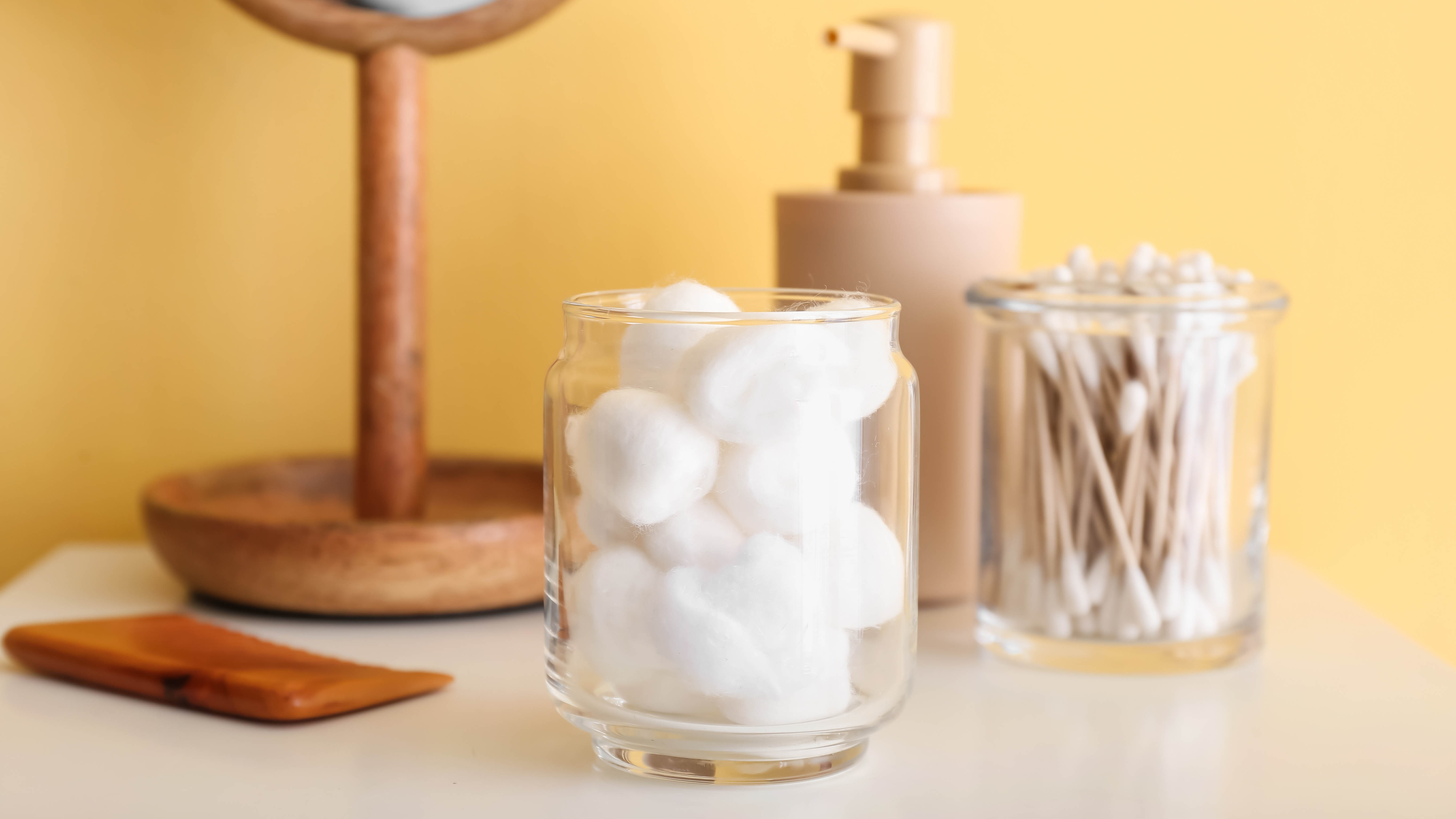
Plenty of items get chucked down the toilet during our skin care routine. For instance, used cotton balls as well as face wipes get flushed regularly. While they may appear small and no more of a threat to your drains than toilet roll, these won’t break down and can quickly cause problems. Considering the absorbency of these items, they can create a more sizable blockage than you might imagine as well.
Don’t replace your toilet paper with anything other than toilet paper. Paper towels, baby wipes and even facial tissues can cause blockages. These are much thicker and won’t break down in the same way.
More from Tom's Guide

Katie Mortram used to be a Homes Editor for Tom's Guide, where she oversaw everything from kitchen appliances to gardening tools, as well as smart home tech. Specializing in providing expert advice for cleaning and home manintenance, she now works as Household Advice Editor for Good Housekeeping.
